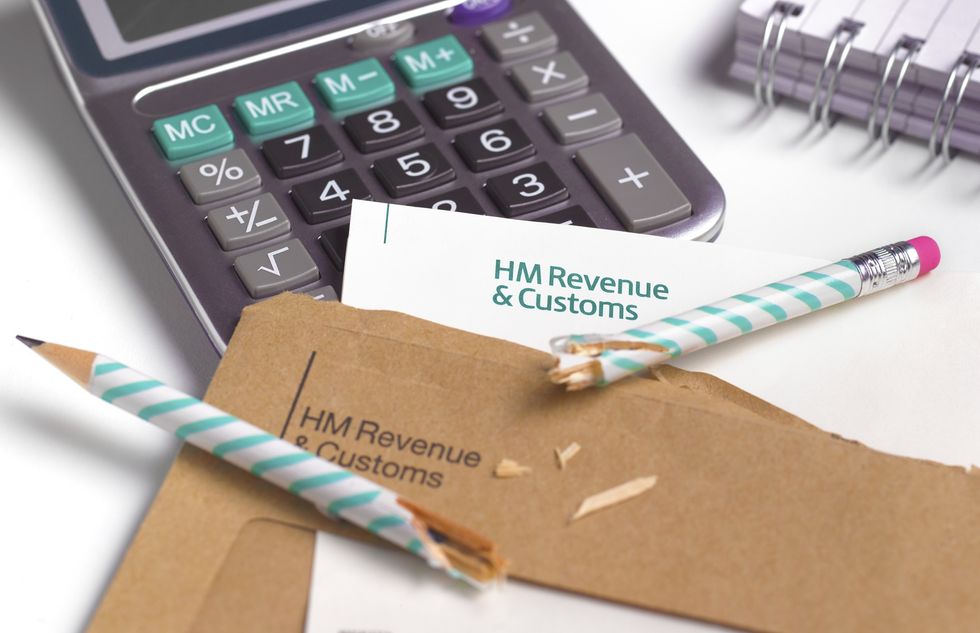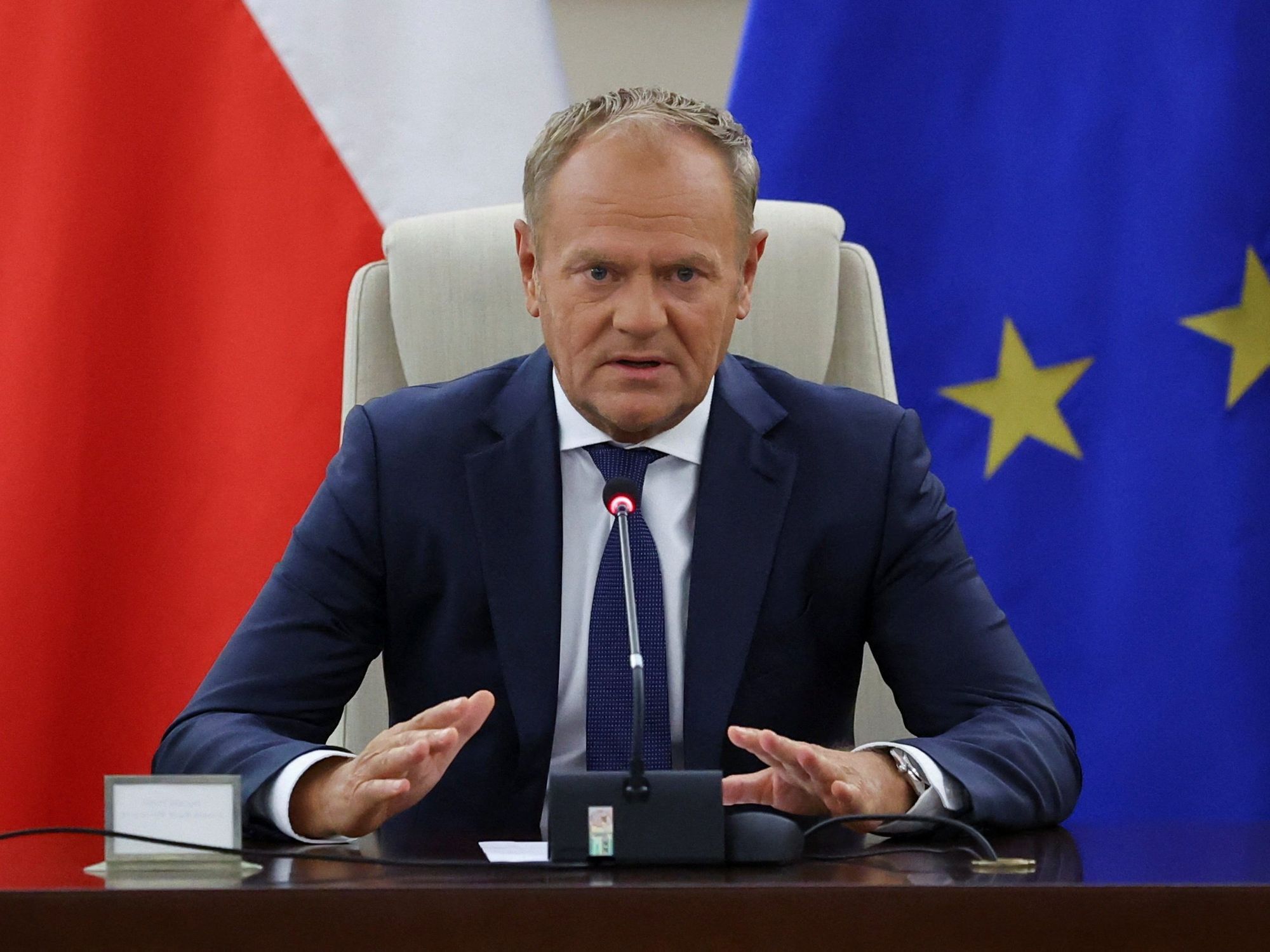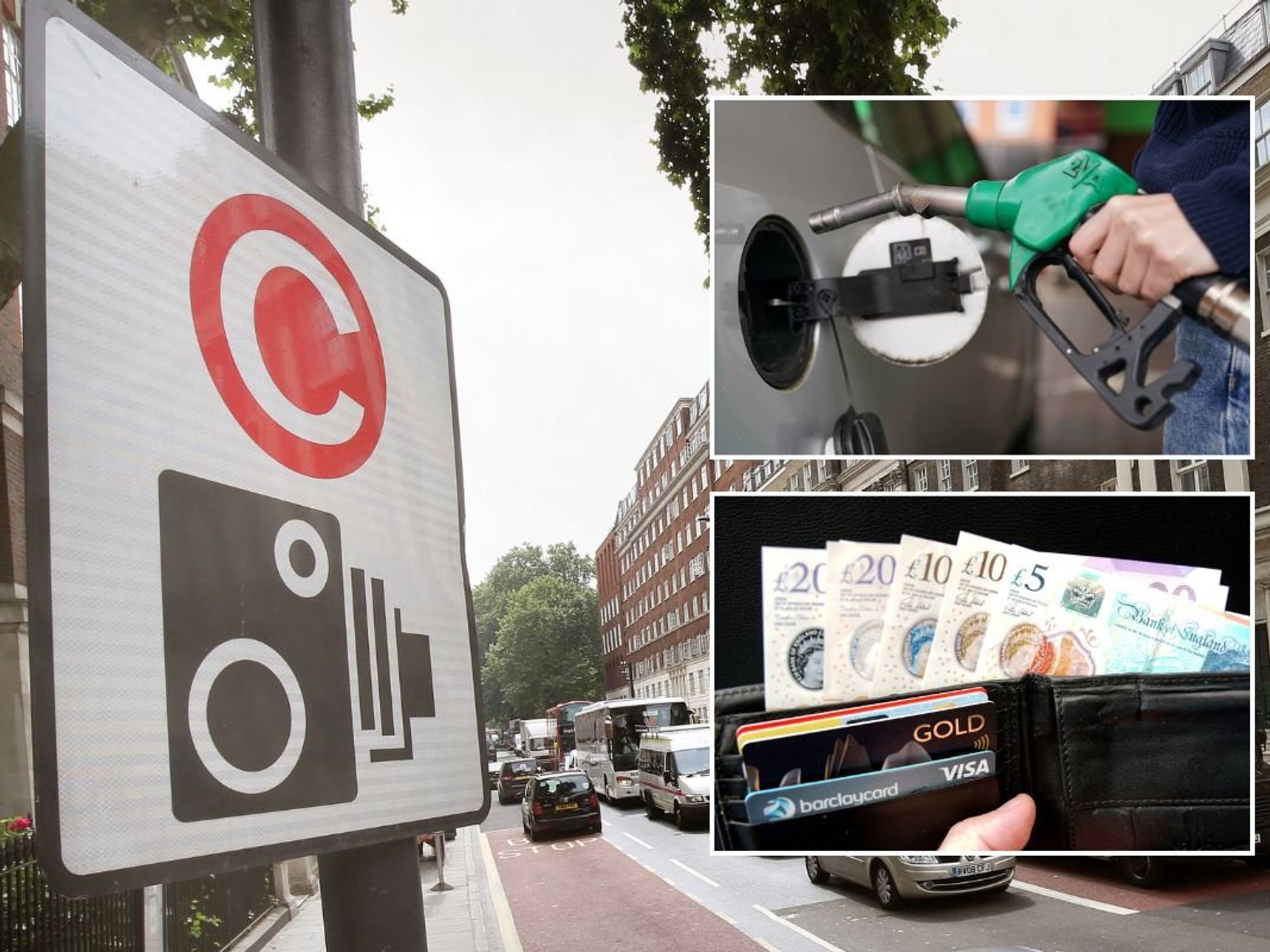Millions of Britons warned of 'savings tax trap' that could land them with 'unexpected HMRC bill'

The number of basic-rate taxpayers being hit with the tax will near 1 million people, up from just half a million in 2022/23
| GETTY
The number of people having to pay tax on their savings will almost double over two years
Don't Miss
Most Read
Latest
Savers are warned "beware of tax traps" that could land them an "unexpected bill from HMRC".
Nearly 2.1 million Britons are expected to pay tax on their savings this year, a sharp increase from around 650,000 just three years ago, new research shows.
This surge is primarily due to rising interest rates and frozen Personal Savings Allowances (PSA), which have remained unchanged since their introduction over eight years ago.
The PSA allows basic rate taxpayers to earn £1,000 in interest tax-free, higher rate taxpayers to earn £500 allowance tax free whilst additional rate taxpayers receive no exemption.
The number of basic-rate taxpayers affected has nearly doubled, approaching 1 million, up from just half a million in 2022/23, a Freedom of Information request from AJ Bell can reveal.
Higher-rate taxpayers are also feeling the pinch, with almost one in 10 now expected to pay tax on their savings, compared to roughly one in 25 three years ago.
Laura Suter, director of personal finance at AJ Bell, comments: "Previously the majority of people didn't need to worry about paying tax on their savings, as interest rates were low and the Personal Savings Allowance was sufficient to cover most people."
 Fiscal drag is causing Britons to pay more tax | GETTY
Fiscal drag is causing Britons to pay more tax | GETTY HMRC estimates that £10.4billion will be raised in tax from savings interest this tax year, up from £9.1bn in 2023/24. This increase is partly due to the PSA's limitations in the current high-interest environment.
For instance, a basic rate taxpayer would now breach the £1,000 PSA with just £20,230 in a top one-year fixed bond paying 4.95 per cent, compared to £52,357 when the PSA was introduced in 2016.
The trend towards increased savings taxation has been partially mitigated by savers' behaviour. Bank of England data reveals a record-breaking £11.7bn was deposited into cash ISAs in April alone, the highest amount since their 1999 introduction.
This shift towards tax-efficient savings has likely reduced the number of people facing unexpected tax bills - but there are still millions at risk.
Suter warned: "For those taxed under PAYE, HMRC will calculate any tax due based on information sent to them by banks and building societies.
"It means many taxpayers will find there is a deduction made from their payslip each month, often before they've even realised they owe any money to the taxman."
She explained that although the PSA protects lots of people from paying tax on their savings it’s clear millions of people are still falling into a tax trap as they breach the tax free limit on savings income – maybe without knowing."
But "the good news" is there are way round this.
- Trap 1: Fixed rate accounts
Picking a fixed-rate savings account that pays out all the interest at maturity, for tax purposes all of that interest will be counted in one tax year. This means that the interest from just one account could take you over your Personal Savings Allowance on its own.
To get around this trap, savers could opt for an account where the interest is paid out monthly or annually, meaning it is spread across different tax years. Or they can opt for a fixed-term ISA savings account, where they won't pay any tax on the interest.
- Trap 2: Tax on your child’s savings
Suter said: “A little-known rule means that parents might have to pay tax on interest that’s earned on their child’s savings. This happens once a child earns £100 or more in interest on money that has been gifted by parents, it is taxed as though it is the parent’s money."
One way around it is to use a Junior ISA account, where all interest will be protected from tax and won’t count towards the parents’ limit. Or someone can carefully split the money they give between parents, to ensure that they are making equal payments to children.
- Trap 3: Tipped into the next tax bracket
The PSA is cut in half or wiped out altogether if one move into the next income tax bracket. Suter explained something lots of people aren’t aware of is that savings interest counts towards this limit. One way around this is using an ISA for their savings, as then the interest won’t count for income tax purposes.
Alternatively, they could pay some of the income into their pension, which could bring them back into a lower tax bracket. Another option is moving cash savings into an account in their partner’s name, if they pay tax at a lower rate than them or haven’t used up their PSA yet.
LATEST DEVELOPMENTS:
- Trap 4: Joint savings account
Interest in joint names accounts are split 50:50 between the two account holders. It could mean they have taxable interest that they hadn’t realised. For example, a joint savings account that generates £1,000 interest each year would be split so that each partner has £500 interest to count towards their Personal Savings Allowance.
Suter said: “If one half of a couple is a lower earner, and so in a lower tax bracket, it could make sense to move the savings into an account in their name, as any interest that’s taxable will be paid at a lower rate. If one half hasn't exhausted their Personal Savings Allowance you could move savings into their name to maximise their tax-free amounts.”
- Trap 5: Not realising it isn’t just savings interest that counts
Suter continued: “With an investment fund, if the fund invests more than 60 per cent in bonds and cash, then payments from the fund are classed as interest rather than as dividends. Your investment platform or provider will usually send you a tax statement each year to show you how much you’ve made in interest in that tax year, to help with your calculations.
“The easiest way to avoid this is to use a stocks and shares ISA for your investments, or an Innovative Finance ISA for any peer-to-peer investments you have, so no tax will be due.”










